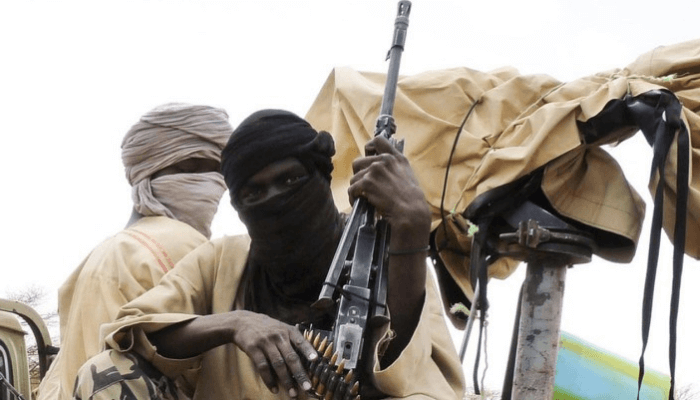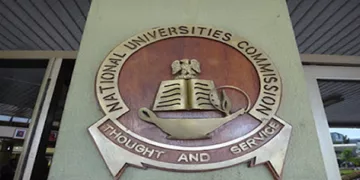Contrary to speculations that some state governments were engaging bandits in negotiations in the ongoing efforts to restore peace in states beleaguered by banditry and kidnapping, especially in the North West region of the country, officials of those states have debunked such interactions.
Our correspondents who spoke to government officials in Zamfara, Kaduna, Katsina and Sokoto denied negotiating with bandits, though some expressed willingness to consider such option if the bandits yield.
Recent reports said bandits’ leader, Bello Turji, had surrendered a cache of arms and released 32 kidnap victims following a series of peace dialogues with Islamic clerics.
But the director general, media and communications in Zamfara State, Malam Nuhu Salihu Anka, said the state government would never negotiate with bandits until they are weakened and seek negotiation themselves.
Speaking with our correspondent, he said the state government stood on its decision not to negotiate with bandits.
According to him, even if the government would go for negotiation, it would be when the bandits are weakened and brought to their knees, begging for it.
“We can never go for negotiation with bandits until they are weakened and come out begging after surrendering all the weapons with them, then the government can sit with them and negotiate for peace,” he said.
Malam Nuhu Anka also pointed out that the bandits were at the moment weakened and looking ways to negotiate with government, citing a recent video clip released by the bandits leader Bello Turji where he is talking about negotiation to allow farmers go about their normal businesses in their respective villages.
The governor’s aide further explained that the persistent attacks by bandits in the state, kidnapping and killing of innocent people were tactics of pushing the government to negotiate, which he said would never work.
Similarly, the Katsina State government has reiterated that it is not in direct negotiations with bandits, but remained open to supporting peace initiatives spearheaded by local communities in a bid to restore lasting security.
Governor Dikko Umaru Radda had on several occasions, reaffirmed his administration’s position, stressing that while the government would not initiate talks with criminal groups, it would welcome any move towards peace if the bandits themselves decide to lay down their arms and seek dialogue.
“If they feel pressured and choose to come forward for negotiations, we will grant them the opportunity,” the governor stated.
So far, three local government areas including Batsari, Jibia and Danmusa, have successfully embraced community-led peace arrangements which have contributed to a relative improvement in security in those areas.
The development came as Katsina State continues to grapple with the menace of armed banditry, which has severely impacted rural communities, agriculture, and livelihoods.
Although Sokoto State has had its share of banditry, animal rustling and kidnapping in recent times, the state government has not negotiated with bandits.
A Government House source wondered what would be the basis of such negotiation with hardened criminals.
He advised that the only option left for the bandits who have committed countless killings and kidnappings is to voluntarily lay down their arms and ammunition, and turn a new leaf.
In Kaduna, Governor Uba Sani says his administration’s adoption of non-kinetic approach was yielding results as peace had returned in most troubled communities.
Sani said elders and community leaders had pleaded with his administration to negotiate with bandits and he was considering their plea.
On the other hand, the governor recently said he did not pay any kobo to bandits to compensate the perpetrators of violence, rather would continue supporting their victims.
Security who spoke to LEADERSHIP faulted negotiations with bandits and any proposed amnesty for them.
They rather called for justice for victims who have suffered years of torture.
Recall that a religious cleric recently brokered peace deal between a wanted terrorist, Bello Turji and the government.
A former director of the Department of State Services (DSS) Barr. Mike Ejiofor, said rather than negotiating with bandits, the government should go hard on them.
He said, “We should not be negotiating with bandits, they don’t have a central command. You can be negotiating with one group and another group will be carrying out attacks. We should rather go hard on them and stop them from operating. That is my opinion,” he said.
The director, media and publicity, International Institute of Professional Security (IIPS)Dr. Abdullahi Muhammed Jabi, said the entire negotiation is rather a strategy to douse tension, adding that such a move was totally unacceptable.
“The negotiation may be a strategy to douse tension by the state governments. Granting amnesty to known terror group leaders is unacceptable. The likes of Bello Turji deserve to be hanged publicly,” he said.





